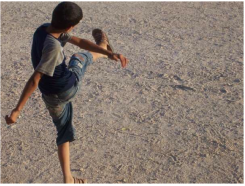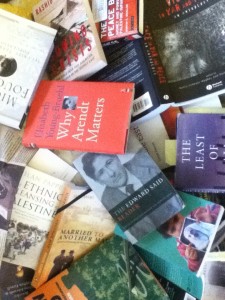This is the second of three entries that look back on my reflections of time spent researching in the West Bank between 2007-2012. This post has also been published on Palestine Remembered.
For the previous entry in this group of three: Inshallah ان شاء الله please click here.
—

Qaryut
Qareoot (or Qaryut, or Karyut) has about 2,500 inhabitants and is surrounded by three Israeli settlements, two of them pretty big ones. Its just less than 20 miles from Nablus (where I’m based now) and about 15 mins from Ramallah on ‘Route 60’ (the main road for both Palestinians and settlers that runs north-south through the West Bank). A big problem recently has been that the settlements surround the village have grown very large, very fast taking up a lot of Palestinian land… they also employ a private security firm that operates with virtual impunity. Last year one of the settlements built a ‘settler only road’, upon which it is a crime for Palestinians to drive or walk connecting it to ‘Route 60’. As a ‘security measure’ they decide to block the dirt road that is used by villagers to gain access to ‘Route 60’. You can see how and where things are on the map here.




 Youth and the Palestinian Resistance: The role of young Palestinians in resisting the military occupation of the West Bank
Youth and the Palestinian Resistance: The role of young Palestinians in resisting the military occupation of the West Bank Mearsheimer, Walt and the missing Palestinians
Mearsheimer, Walt and the missing Palestinians


